Driving innovation forward: Unveiling the Scoping and Experimentation phase of the Dela accelerator programme
The global Dela partnership between Ashoka and IKEA Social Entrepreneurship offers a unique Fellowship experience leveraging the organizations’ expertise and networks. The partnership includes the flagship Dela Accelerator, which supports established social entrepreneurs to continue developing their strategies with the goal of scaling their impact.
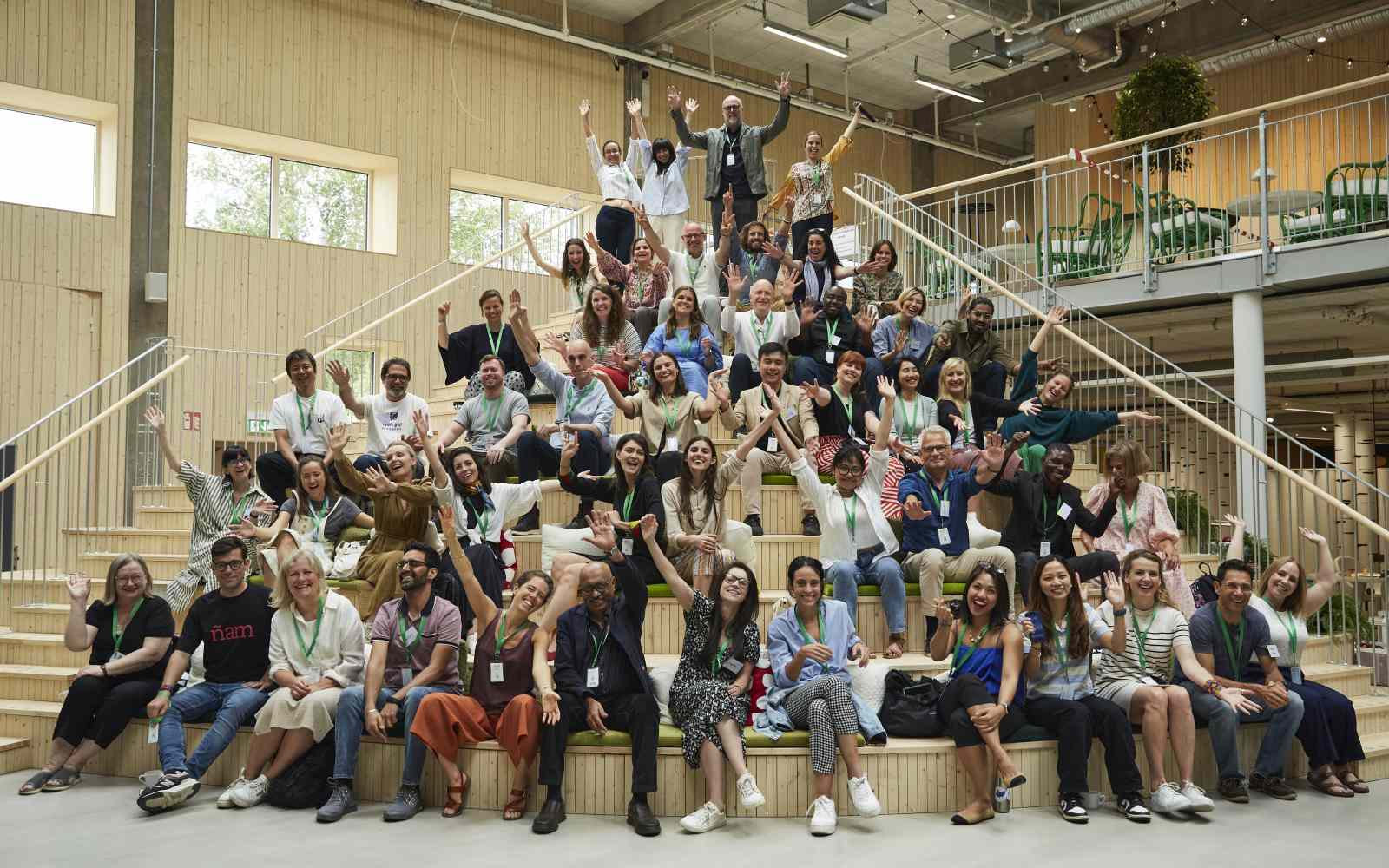
Over the past four years, Dela has supported 47 social entrepreneurs who are working to solve some of the most pressing challenges in the areas of circular economy, better livelihoods, inclusive employment, and renewable materials. The accelerator supports them in developing their impact-scaling strategies through a systems change approach and offers social entrepreneurs a safe space to test their updated strategies.
‘The Dela Accelerator was co-created by IKEA Social Entrepreneurship and Ashoka back in 2019 to support social entrepreneurs and their innovative solutions for solving global challenges.’.
Today, we are excited to announce the Scoping and Experimentation phases of the current Dela IV Accelerator. This opens the door for the participating cohort of social entrepreneurs to test and/or implement a selected element of their strategy with the support of an expert team of IKEA co-workers and guidance from the Ashoka facilitators.
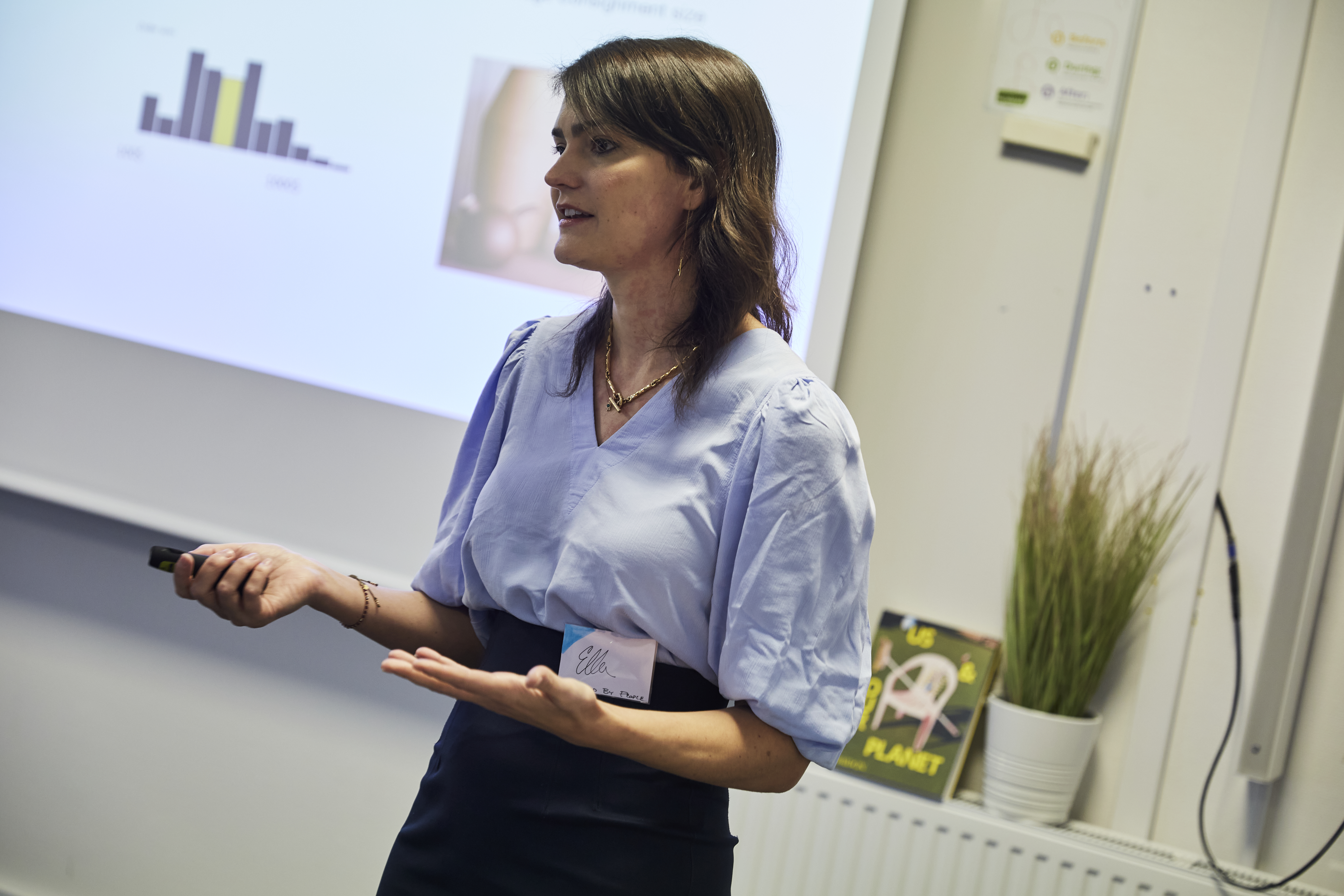
her organization Powered By People. Sweden, 2023.
The Dela programme consists of three main phases: Strategy, Scoping and Experimentation. During the Strategy phase, social entrepreneurs and IKEA coworkers analyze the problem they are tackling, identifying the intended systems change and developing a roadmap and the organizational next steps to achieve it.
Once the teams join the Scoping and Experimentation phases, they are joined by additional IKEA co-workers who provide hands-on and skills-based support.
During the Scoping and Experimentation phase of the previous edition of the Dela accelerator, eight social entrepreneurs worked closely with 41 IKEA co-workers and eight Accenture consultants in planning and executing an experimentation project to advance their systems change journey. Here we present a few examples of their work:
Bringing a paradigm shift in the waste management sector
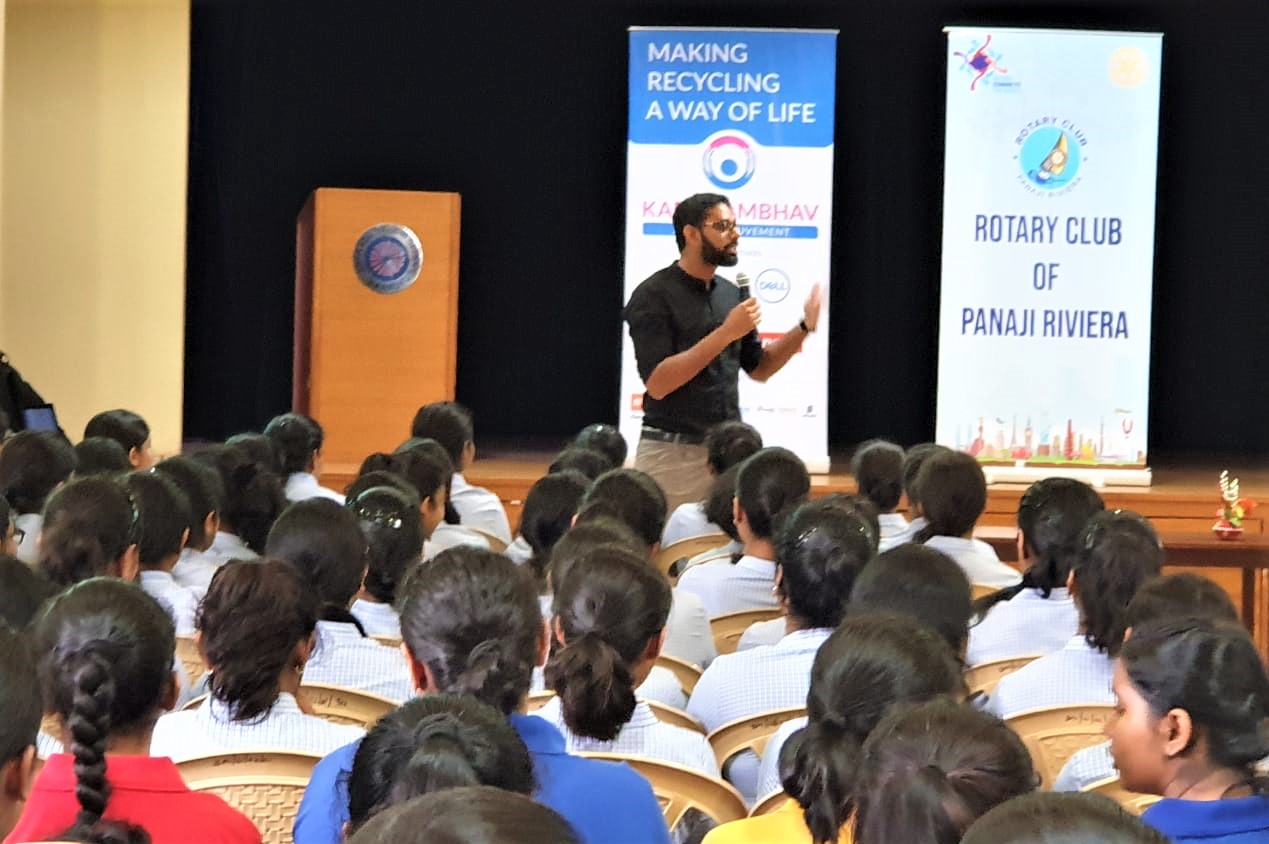
Karo Sambhav is a leading Producer Responsibility Organization in India, which aims to bring a paradigm shift in the waste management sector by putting accountability, transparency and trust in the system.
After having been selected as one of the newly elected Ashoka Fellows supported with a stipend, Pranshu Singhal and his team decided to use the Dela Experimentation Phase to develop systems and processes by which circular pathways for a few materials can be developed in a scalable way.
With the support of four IKEA co-workers, they came up with solutions for E-waste plastic & E-waste precious metal recycling, developed a business plan and identified potential partners for scaling. Pranshu finished the program with an appreciative note:
“The commitment from IKEA team was critical. We happened to find the right person in IKEA to make it work.”
Ending language deprivation for Deaf children
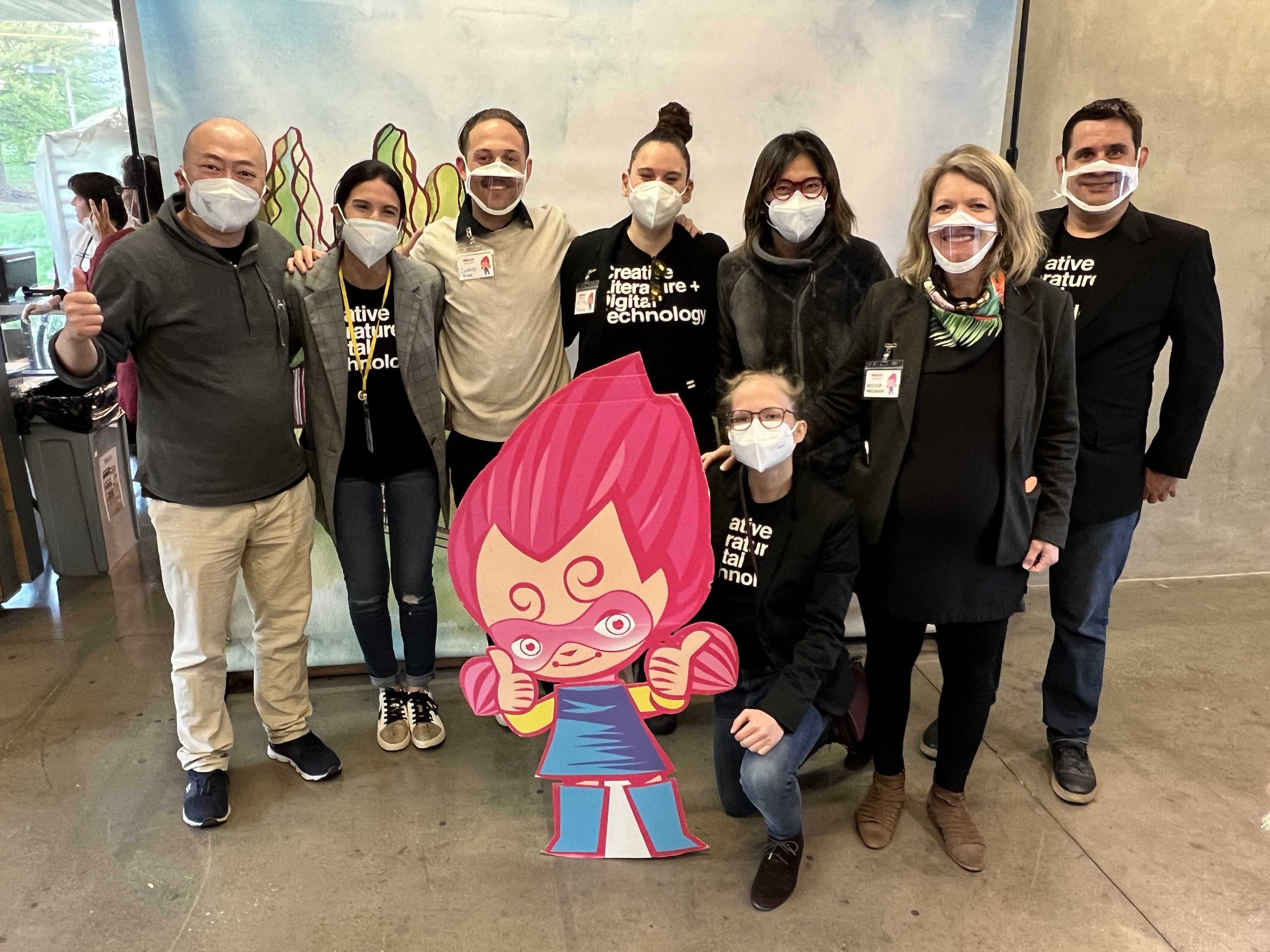
Motion Light Lab (ML2) is a deaf-founded and led, sign-centric space where creative literature intersects with digital technology to create learning experiences for Deaf and all visual learners.
During her participation in the Dela accelerator, founder Melissa Malzkuhn’s team shifted their target group from deaf people to hearing parents of 0-5yo kids: getting more hearing parents to learn ASL while their children are still very young, by building a support network and new targeted resources. Now, narrative change and mindset shift are at the core of their strategy.
Throughout the Experimentation Phase, ML2 took the first preparative steps to create an alliance with multiple organizations spanning the globe to improve the lives of deaf children and their families. With the help of 8 IKEA co-workers, they developed a vision and strategy for this alliance, updated their communication outlets, and approached several potential members. Melissa finished the program by expressing that “this end was only the beginning”, and adding:
“As a leader I had my understanding of social impact and systemic barriers; but I lacked a shared language and ways to explain this vision to the team and partners- after this program I feel I’ve been supplied with tools, techniques, people, resources to tackle systemic change.”.
Addressing the threat of invasive plant species
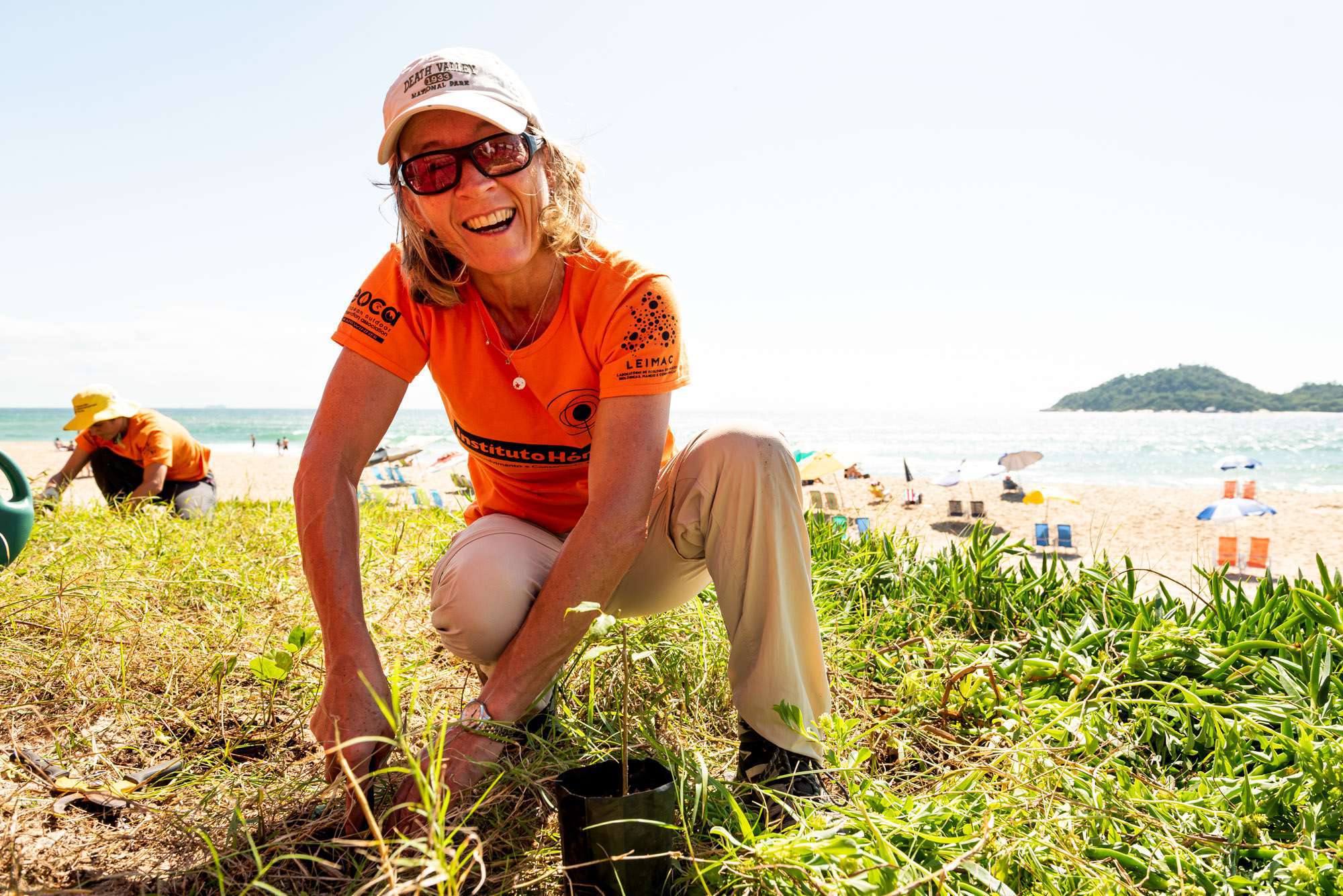
The Horus Institute tackles the proliferation of invasive plant species in Brazil, mainly working for data and technical support to maintain and update the national database on this issue.
During the Strategy Phase phase of the accelerator, Silvia Ziller’s team narrowed down their scope, having decided to only tackle one type of invasive plant, which makes Horus Institute’s solutions easier to test and prove.
During the phase of Scoping and Experimentation, they chose to develop a communications plan to engage companies in the fight of invasive species. With the help of three Accenture consultants and four IKEA co-workers, they found the right approach and developed materials to reach out to companies, which they were already able to test and validate.
Silvia ended the program sharing that the biggest impact of the program for her was a change of mindset:
“There were many wins along the way, the biggest one was a change in our mindset about working with companies. When we started, I had no faith in getting support and now I am very enthusiastic.”
What’s ahead?
In the current Dela fourth edition, participants have now kick-started the Scoping and Experimentation phase. The goal? To focus on an element of their revised systems change strategy, test some of the key milestones to achieve it, and support their work in achieving long-lasting positive impact.
About IKEA Social Entrepreneurship
IKEA’s vision is to create a better everyday life for as many people as possible. IKEA Social Entrepreneurship was founded 2012, assigned to look into how IKEA could include products and services from social entrepreneurs in our offer and how to support programmes that accelerate the movement of social entrepreneurship in general. Supporting social enterprises with a vision to create a more inclusive and equal society, our ambition is to have a positive impact on people’s livelihoods. Today, we back and boost social entrepreneurs all over the world, as well as expand the business we do together. That way, we get to be a part of creating new opportunities for vulnerable people and communities – while fighting the root causes of poverty and inequality.
About Ashoka
Ashoka identifies and supports the world's leading social entrepreneurs, learns from the patterns in their innovations, and mobilizes a global community that embraces these new frameworks to build an "everyone a changemaker world" - a world where all citizens are powerful and contribute to change in positive ways. Since its founding in 1981, Ashoka has elected more than 3,800 Fellows in 90+ countries. We then draw on the insights and patterns of these 3,800+ Ashoka Fellows to understand what the future needs and how to create new solutions for building a better world.
More about the Dela programme
Learn more about the Dela Accelerator and the current participants in the programme here.